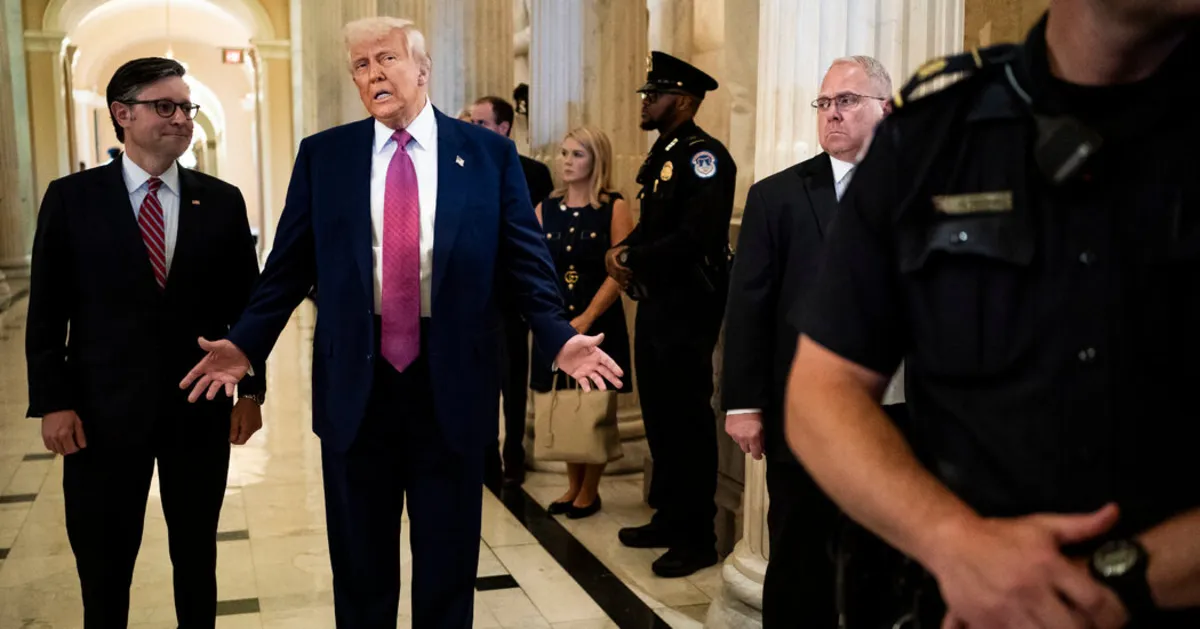
Investors in American government debt are growing increasingly anxious as the yield on the 30-year Treasury bond surpassed 5% on Wednesday. This rise in yield has caused traders to become concerned about a Republican budget bill that has the potential to escalate U.S. fiscal debt to unprecedented levels. The implications of this megabill are significant, not only for domestic fiscal policy but also for global investor confidence.
During his recent visit to Capitol Hill, President Trump did not address the rising fiscal concerns associated with the budget bill. This legislation is seen as vital to Trump’s domestic agenda, which makes its passage crucial for shaping U.S. fiscal policy for years to come. Investors are closely monitoring this situation, as the outcome could influence their perception of the United States as a viable investment destination.
Currently, market traders are betting that federal deficits will increase significantly, leading to higher yields and subsequently raising borrowing costs for both businesses and households. This scenario raises an important question: Could these financial factors affect the outcome of the vote on the budget bill? With House Republicans holding a fragile majority, they can only afford to lose three votes, making each defection critical.
There are substantial disagreements among House Republicans regarding proposed cuts to Medicaid. However, reports from Politico suggest a possible breakthrough in the contentious discussion surrounding deductions for state and local taxes, which could significantly impact homeowners. This aspect of the budget bill is particularly noteworthy as it could sway the opinions of undecided lawmakers.
Additionally, the budget bill allocates funding for Trump’s ambitious “Golden Dome” missile defense shield, a project estimated to cost around $542 billion. Major companies such as SpaceX, Palantir, and Anduril are anticipated to compete for contracts related to this defense initiative, further emphasizing the bill's importance in shaping not only fiscal policy but also the landscape of defense contracting in America.
As discussions continue, the financial community remains on high alert, weighing the implications of the proposed megabill on the future of U.S. fiscal policy and its impact on both domestic and global investors.